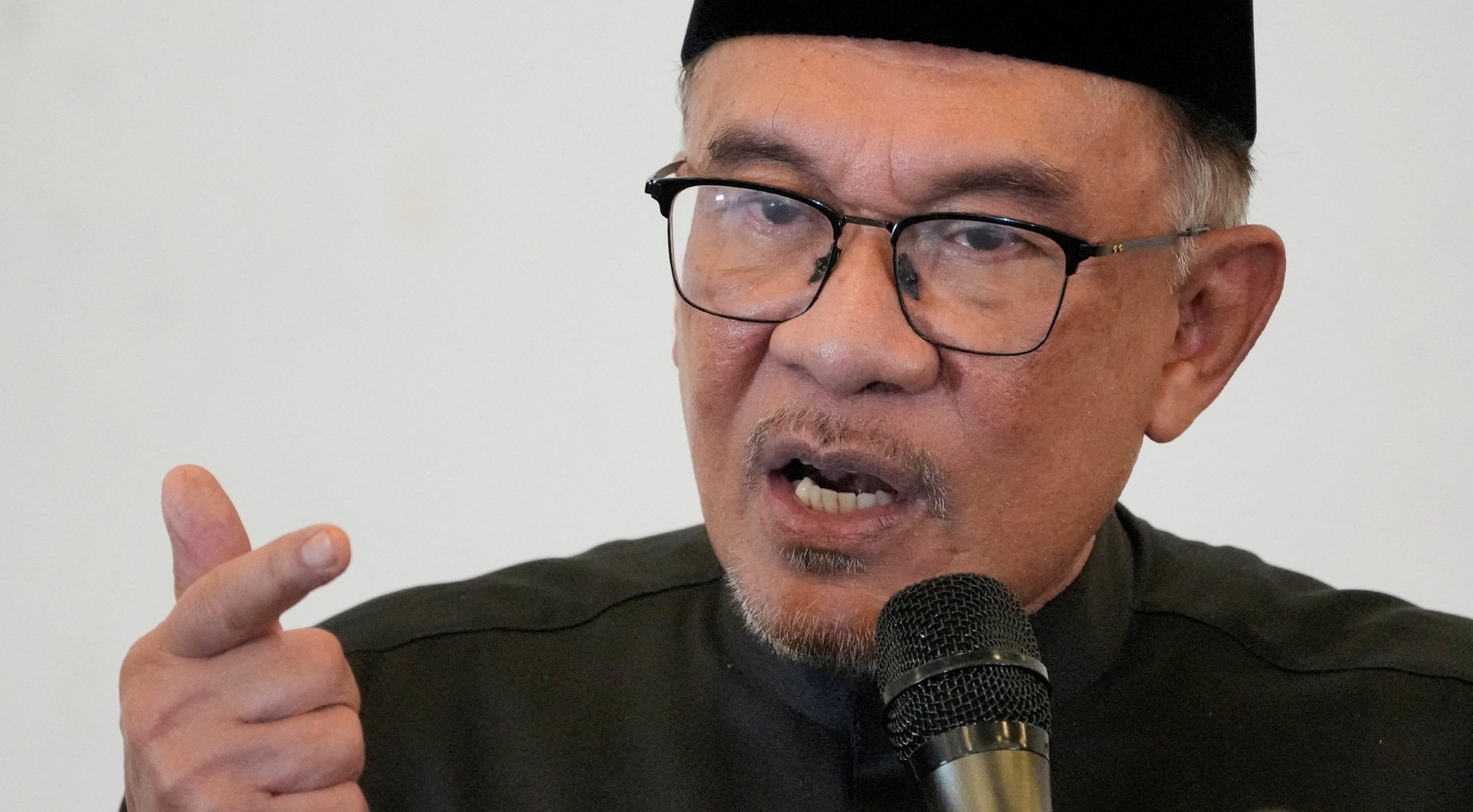The Malaysian Prime Minister’s recent remarks about resident foreigners not paying taxes have sparked backlash — and for good reason. Expats working legally in Malaysia contribute significantly to both the tax base and the wider economy.
In his recent remarks on targeted fuel subsidies, and in response to a fair degree of public mockery over actually increasing subsidies in order to reduce the pump price of RON95 petrol from RM2.05/litre to RM1.99/litre (a near-meaningless reduction, and only for citizens), Prime Minister Anwar Ibrahim stated that foreigners in Malaysia would no longer benefit from subsidized RON95 fuel, falsely claiming that they do not pay taxes or contribute directly to the Malaysian economy. While the stated goal of subsidy rationalization is fiscally sound, the rationale for excluding foreigners on these grounds is seriously flawed and deserves a closer look.
With respect, the statement that foreign residents do not pay taxes in Malaysia is simply inaccurate to the point of being outrageous. Expatriates are subject to the same income tax obligations as Malaysian citizens, depending on their residency status. Any foreign worker who resides in Malaysia for 183 days or more in a calendar year is deemed a tax resident and taxed on a progressive scale — just like any citizen. Non-residents, meanwhile, are typically taxed at a flat rate of 30 percent. Either way, their income is taxed at source through the Potongan Cukai Bulanan (PCB) system, leaving little room for avoidance.
Beyond personal income tax, there are other fiscal contributions. Since mid-2024, SOCSO (social security) contributions have been made mandatory for most foreign workers. While EPF contributions remain optional for non-Malaysians, many still participate voluntarily. Consumption taxes, excise duties, and bizarrely enough, tourism taxes — all of which are applied to resident foreigners — further underscore the point. Even simple day-to-day purchases generate revenue via the Service and Sales Tax (SST), making every person living in Malaysia a contributor to government coffers.
Ironically, a significant number of Malaysian citizens — estimated at over 85 percent — do not pay personal income tax at all. Between tax reliefs, deductions, and minimum income thresholds, only a small portion of the local working population is actually contributing directly through income tax. So the suggestion that subsidized fuel is funded solely by Malaysians is not only misleading populism, it is mathematically indefensible.
BACKLASH GROWS FROM MULTIPLE QUARTERS
The policy change has rightly drawn criticism from both opposition government members and civil society observers, who have pointed out the discriminatory overreach of excluding foreign residents entirely from the subsidy scheme. Many expats are long-term residents, with children in local schools, mortgages on Malaysian property, and bank loans from local financial institutions. They employ Malaysians, rent Malaysian properties, support local businesses, and spend in the community. These are real, measurable contributions.
And that’s to say nothing of the MM2H community, whose per-household spending typically exceeds RM10,000 per month, all of which is effectively foreign direct income being injected into Malaysia’s economy. To claim that foreigners “do not contribute” to the country’s economy is laughably false, and we are grateful that some in government have chosen to call out the Prime Minister’s false statements.
There is, of course, merit in targeting subsidies to the truly needy. Across the world, governments are rethinking broad-based fuel subsidies due to their heavy fiscal burden and environmental costs. In this context, rationalizing Malaysia’s subsidy programme is sensible. What is not sensible is drawing the eligibility line based solely on citizenship, rather than income or contribution levels.
If fairness is the guiding principle, then it should apply equally to low- and middle-income residents, regardless of nationality. A means-tested or income-tiered approach would be far more equitable and effective. Tying subsidy eligibility to tax filings or official residency status, for example, would allow the government to identify and assist those who genuinely need the help, while still maintaining a broad-based fiscal base.
Unfortunately, Prime Minister Anwar’s recent statements risk fuelling public resentment and social division, using the time-worn “us versus them” tactic to achieve political ends. Rather than clarifying the mechanics of the new subsidy framework, the remarks seemed to vilify an entire category of residents — many of whom are contributing as much, or more, than citizens who are exempt from tax.
DOES THIS SEND A WELCOMING MESSAGE?
It is worth asking what message this sends to the international community. Malaysia has long branded itself as an investment-friendly destination, open to talent and foreign direct investment. Moves that appear exclusionary, or which suggest that foreigners are unwanted burdens, stand in stark contrast to this narrative. Perception matters, and if long-term residents feel they are not welcomed or appreciated, they will look elsewhere — and bring their skills, investment, and consumption with them.
As the government presses ahead with subsidy reforms, it would be prudent to revisit the framing and language around these measures. The goal should be to balance fiscal responsibility with fairness, and that cannot be achieved by misrepresenting who pays what. It certainly cannot be achieved by alienating those who live and work here legally, pay taxes, and contribute in a multitude of visible and invisible ways.
Rather than making them the scapegoat of subsidy reform, perhaps it is time to acknowledge that expatriates, migrants, and foreign workers — from white-collar executives to blue-collar construction teams — are all part of the Malaysian economy, and by extension, its society. They help build its roads, teach in its classrooms, develop its software, and pay into its tax base. Many of these people, particularly those who are here legally and have lived here for many years, genuinely love and appreciate Malaysia, and consider it to be their home. Perhaps it’s time to stop vilifying them.
Facts matter. And so does tone. Malaysia can rationalize subsidies while being fair to all who contribute — not just those who carry a MyKad.
REFERENCES USED
- Malaysian tax residency and PCB rules from Inland Revenue Board (LHDN)
- Mandatory SOCSO contributions (as of July 2024)
- Income tax base and contribution breakdowns from Ministry of Finance
- Prime Minister’s statements as reported in NST, The Star, and Malaysiakini
- Opposition criticism and NGO reactions from Malay Mail and Free Malaysia Today

















